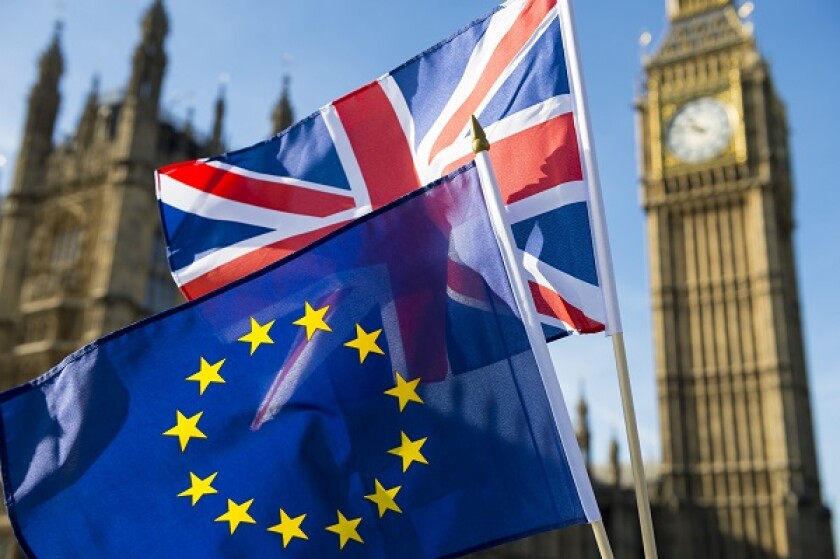The European Commission has issued its position paper on pan-European Union IP rights post-Brexit. As patents are not governed by the EU but come under the remit of European Patent Office, they are unaffected by Brexit and are not included in the document. Thus the EU need only concern itself with other IP rights, mainly trade marks and designs.
The Commission states that following Brexit it wishes that "the protection enjoyed in the United Kingdom on the basis of Union law by both UK and EU 27 holders of intellectual property rights having unitary character within the Union before the withdrawal date is not undermined by the withdrawal of the United Kingdom from the European Union".
Whether this will be the eventual path chosen or negotiated successfully remains to be seen.
The EU propose that EU rights granted prior to Brexit will automatically divide to create an equivalent UK right. The rights qualifying for automatic division to the UK will include: EU trade marks; registered and unregistered Community designs; protected geographical indicators, designations of origin and terms in relation to agricultural products; and Community plant variety rights. European patents are therefore totally unaffected by Brexit and are not part of the EU's considerations.
The implementation of this principle should ensure that applicable renewal dates, priority and seniority claims, genuine use requirements and reputation rules should remain the same. Moreover, implementation should not be at a cost to the holder of the right.
In terms of holders of EUTM or RCD applications pending at the date of Brexit, the Commission proposes that the holder should have the opportunity to divide their application and retain the priority date of the original EU application.
With regard to SPCs, the Commission proposes that applications filed in the UK for SPCs or the extension of their duration are completed in accordance with EU law.
The Commission considers that database rights protected under EU legislation should continue to enjoy equivalent protection in both the EU and UK post-Brexit.
Rights that have been exhausted in the EU prior to Brexit shall remain exhausted in both the EU and UK post-Brexit. The conditions for exhaustion concerning IP rights should remain those defined by EU law.

|
Helga Chapman |
Chapman + Co
18 Staple Gardens
Winchester SO23 8SR
United Kingdom
Tel: +44 1962 600 500











